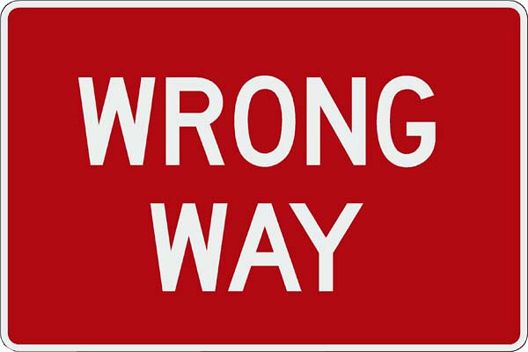The very human response to someone when they’ve wronged you is to fight back. In some way, to get even, to vindicate yourself, to make yourself look better, to save your pride. There are a multitude of reasons. But is this the best course of action?
Justice is a huge theme in our society. We believe so much in justice that we include it, in the same breath with liberty, in our nation’s pledge of allegiance. Justice is a hallmark, a cornerstone of our country’s foundation. Justice as an ideal is a wonderful goal. But reality shows us that there are many takers in the world, enough for everyone to experience a major wrong at least once in our lives. That doesn’t count the numerous smaller wrongs we experience every day.
I am not advocating that we allow ourselves to be taken advantage of. That’s an entirely different subject. But when the situation is out of our control, when there is no amount of assertiveness that will undo the wrong, do we seek out harm?
Vigilante justice can be more destructive than simply letting it go. Here are five more reasons to take the high road:
Escalating an Issue Only Makes Things Worse
You’ve probably been here before. You push back on someone who has taken advantage of you. They don’t like that you’ve pushed back on them so they push a little harder. You match their push-back, and they ramp up the belligerence. The vicious cycle continues until someone has to back down. If not, violence will be the result.

The Wrong Doer Get Justification
If you retaliate when you’ve been wronged, the person who committed the evil suddenly has an out for their behavior. You are just as bad as they are so they perceive their harm as justified. After all, you are both on the same level.
Revenge Will Only Hurt You in the Long Run
An act of revenge may give you a momentary high of justification. But that wears off rather quickly. Revenge invites another act of revenge, and you start looking over your shoulder. If you’ve committed a crime in your act of revenge, you must face those consequences. Then there is the remorse. You end up wondering if that momentary high was worth the continual lows of remorse.
Setting the Right Example
If you have children, or standing in the community, you will have people looking to you for guidance. Do you want your legacy to include bad behavior?
Turning the Other Cheek Builds Character
Self-actualization demands that we continually improve ourselves. Move up the ladder toward becoming the best that we can be. Character building leads us up that ladder. It takes a stellar character, patience, strength of spirit, and fortitude of mind to overcome primal anger and let go of an incident of wrongdoing committed against us. This requires a forgiving nature.
Taking that step further into forgiveness has monumental rewards. On outward appearance, it looks like forgiving someone is doing them a big favor. The biggest secret to forgiveness is that it has huge benefits for the one doing the forgiving, but little to none for the one being forgiven. Try it. You will be surprised how great you feel.
Human nature tells us to retaliate when we’ve been wronged. Choosing to confront and traverse that instinctual option in favor of a more ethical and respected stance takes courage. But there are good reasons to do so. Which choice will you make?
Copyright 2021, Monica Nelson

